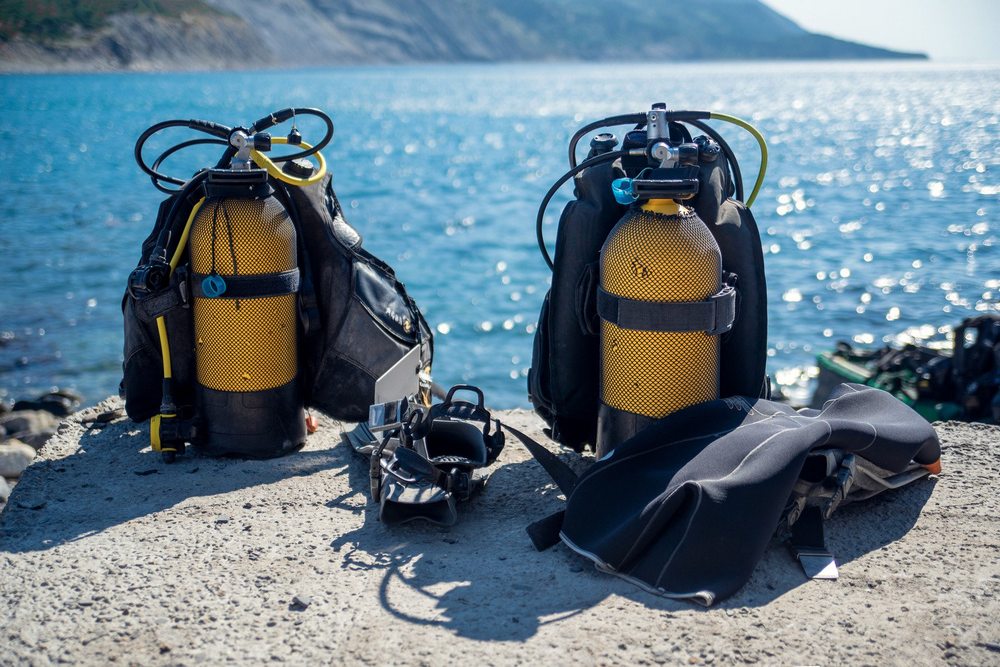Scuba diving is an exhilarating activity that allows people to explore underwater worlds. However, it requires good health and specific physical conditions to ensure safety. Here are some important considerations to determine when someone should refrain from scuba diving.
Health of Respiratory and Cardiovascular Systems
The condition of the respiratory and cardiovascular systems is crucial for scuba diving. Divers need to have healthy lungs and a strong heart to handle the pressures of diving and the physical exertion involved. Individuals with heart problems, such as arrhythmias or a history of heart attacks, should avoid diving, as the underwater environment can exacerbate these issues.
Body Airspaces and Sinus Health
All body airspaces, including the sinuses and middle ears, must be clear and healthy before diving. A person experiencing a cold or congestion should not dive, as it can lead to barotrauma – an injury caused by pressure changes. Divers need to equalize pressure in their ears and sinuses during descent and ascent, and any blockage can prevent this process, resulting in pain and potential injury.
Medical Conditions and Diving Risks
Certain medical conditions significantly increase the risks associated with scuba diving. Individuals with epilepsy, for example, should avoid diving due to the potential for seizures underwater, which can be life-threatening. Similarly, those with asthma may face challenges with breathing under increased pressure, making diving unsafe.
Influence of Alcohol and Drugs
Scuba diving should never be attempted under the influence of alcohol or drugs. Both substances can impair judgment, coordination, and reaction times, which are critical for safely handling the underwater environment. Diving requires a clear mind and quick thinking; any substance that dulls these abilities can lead to dangerous situations.
Overall Physical and Mental Fitness
Lastly, overall physical and mental fitness are essential for scuba diving. Divers should be in good health, with no serious medical problems that could complicate the dive. Mental readiness is also crucial; anxiety or panic attacks underwater can be hazardous. Proper training and a thorough understanding of one’s health status are paramount to enjoying a safe and enjoyable dive.
By adhering to these guidelines, potential divers can ensure they are in the best condition to experience the wonders of the underwater world safely.
Discover The World Beneath!
Whether a beginner or an experienced diver, San Diego Scuba Guide ensures the safest and most knowledgeable guidance for aquatic adventures. We offer daily guided SCUBA and snorkel tours to the La Jolla kelp forest and sea caves, part of the La Jolla Cove Ecological Reserve, the oldest marine reserve in California. Your family will cherish the experience led by a certified NAUI Instructor trained in marine biology, who will share insights about the reserve’s history and diverse marine life. Join us by calling (858) 397-8213 for an unforgettable exploration of San Diego’s underwater wonders.


